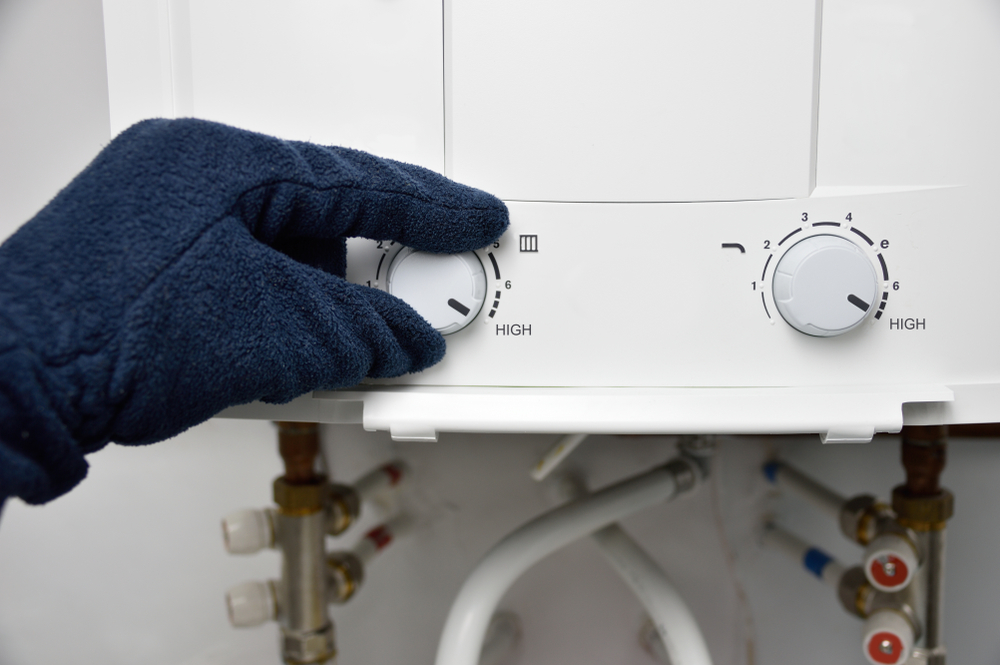A water heater is an essential component of your home’s plumbing system, providing hot water for daily tasks like bathing, cooking, and cleaning. With various types, sizes, and technologies available in today’s market, choosing the right water heater for your home can be a challenging task. As one of the most trusted and experienced plumbing companies in Durham Region, Hayes Plumbing is dedicated to helping homeowners in Oshawa and the surrounding areas navigate the selection process with ease, ensuring the best choice for their living spaces.
In this article, we will focus on providing educational, informative, and helpful content that guides you through the process of selecting the perfect water heater for your home. Topics we will cover include understanding different types of water heaters, determining the right size based on your household’s needs, assessing energy efficiency needs, and weighing purchase and operation costs.
Stay tuned as we guide you through the process of selecting the perfect water heater for your home. At Hayes Plumbing, we are committed to providing exceptional plumbing services, expert advice, and valuable resources to help you make informed decisions for your home improvement projects.
Understanding Different Types of Water Heaters
1. Tankless Water Heaters
Tankless water heaters, also known as on-demand or instantaneous water heaters, heat water only when needed, thus saving energy and offering a continuous supply of hot water. These units are typically more energy-efficient than storage tank water heaters but have a higher upfront cost.
2. Storage Tank Water Heaters
Storage tank water heaters are the most common type found in Canadian homes. They consist of an insulated tank that stores a preheated supply of hot water. While these units are generally more affordable to purchase and install, they tend to be less energy-efficient than tankless systems due to standby heat loss.
3. Heat Pump Water Heaters
Heat pump water heaters, or hybrid water heaters, use electricity to move heat from the air or ground to heat the water. They can be considerably more energy-efficient than conventional electric storage tank water heaters but come with a higher initial expense.
4. Solar-Powered Water Heaters
Solar-powered water heaters use energy from the sun to heat water in your home. While they can significantly reduce your energy bills and have a positive environmental impact, they may have a higher initial cost and may require a backup system for cloudy days or high hot water demand periods.
Determining the Right Size
1. Capacity for Storage Tank Water Heaters
To determine the ideal tank size, consider the number of people in your household and their hot water usage habits. As a general rule, a 40-gallon tank is suitable for a family of 1-3 people, a 50-gallon tank for 3-4 people, and an 80-gallon tank for 5 or more people. Keep in mind that a larger tank may require more energy to maintain the water temperature.
2. Flow Rate for Tankless Water Heaters
For tankless water heaters, you need to determine the appropriate flow rate, measured in gallons per minute (GPM). Add up the GPM required for each hot water appliance or fixture you will likely use simultaneously and choose a tankless water heater that meets or exceeds that combined GPM output.
Assessing Energy Efficiency
1. Energy Factor Ratings
The energy factor (EF) rating represents the efficiency of a water heater. A higher EF rating means a more energy-efficient unit. Look for models with an ENERGY STAR label, indicating that they meet or exceed strict efficiency guidelines set by the government.
2. Operational and Environmental Costs
Factor in the operational costs, energy source, and environmental impact when choosing a water heater. Typically, natural gas and propane water heaters are more cost-effective and energy-efficient than electric water heaters, while solar and heat pump water heaters are the most environmentally friendly options.
Weighing Purchase and Operation Costs
1. Initial Expenses
When comparing water heaters, take note of the initial purchase price, installation costs, and potential expenses related to modifications, such as upgrading electrical service for a tankless unit or adding solar panels for a solar-powered system.
2. Long-Term Savings and Maintenance
Consider the long-term operating costs of a water heater, including energy consumption, maintenance requirements, and expected lifespan. While some models may have a higher upfront cost, they may provide significant energy savings over time, offsetting the initial expense.
Conclusion
Selecting the right water heater for your home involves considering various factors such as technology, size, energy efficiency, and costs. By carefully weighing these aspects and seeking expert guidance, you can choose the perfect water heater for your needs and budget.
Hayes Plumbing is committed to providing expert advice, valuable resources, and exceptional plumbing services to help you make informed decisions during home improvement projects. Let our plumbers in Oshawa help you create a comfortable, efficient, and functional living space that meets your needs and preferences.



